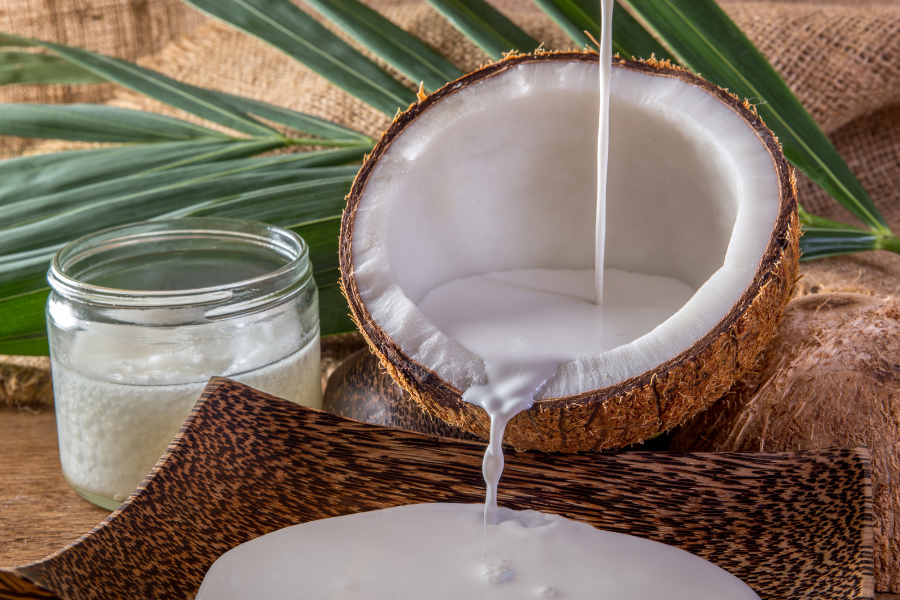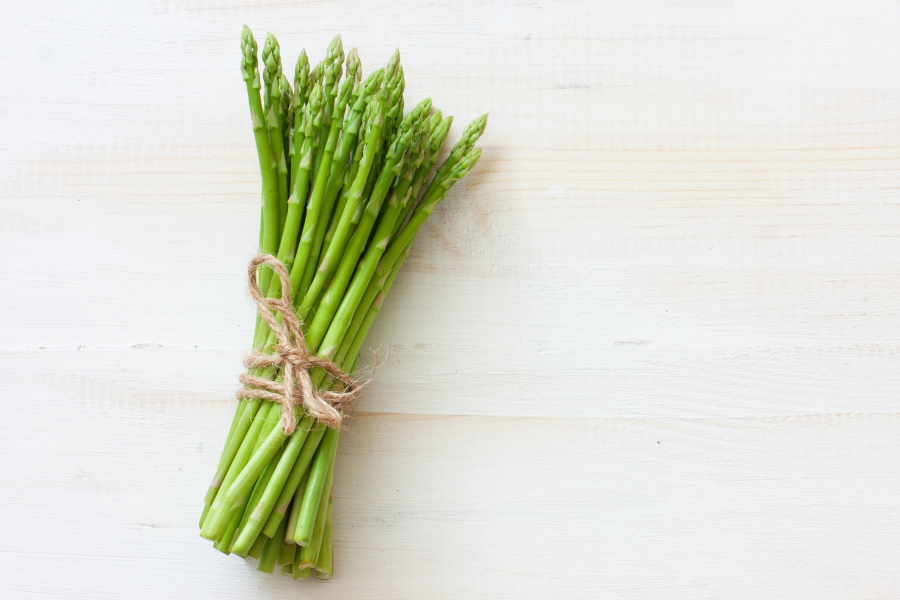When it comes to our furry best friends, their health is non-negotiable. We live in an age of wellness where even our pet's diets are scrutinized to ensure balanced nutrition. Enter the mighty coconut, a fruit that's seen as a superfood for its myriad of human-health benefits. But what about our canine companions? Can dogs eat coconut, or is it just another human indulgence they should steer clear of? In the coconut-covered quest to unearth this pet-related mystery, we'll dig up (pun intended) the facts on dogs and coconuts.
Soooo...Can Dogs Eat Coconut, and How Much is Too Much?
Yes, dogs can eat coconut, and in moderation, it's a tasty and safe treat. Before you order a truckload of coconuts for your pooch, remember that moderation is key! Whether it's fresh, dried, or as oil, coconut can be a nutritious addition to your dog's diet, thanks to its vitamins, minerals, and healthy fats. But being fruit, it's naturally sugary too, so be mindful of portion control. Gradually introducing coconut into your dog's diet and keeping an eye on how they handle it is a responsible approach.
What About Coconut Oil for Dogs?
Coconut oil is popular in both human and pet nutrition industries, and for good reason. The good fats in coconut oil can potentially boost your dog's coat health and may offer some anti-inflammatory benefits. A small amount mixed into their food can also aid in digestion. However, it's calorically dense, so don't go overboard to avoid weight issues. Always purchase unrefined, virgin coconut oil free from any additives when opting to feed your dog.
Is It Safe for Dogs to Eat Fresh Coconut?
Fresh coconut is fine for dogs, but it's all about the preparation. Ensure the husk and any remaining shell are fully removed. The white flesh is the part they love and is safe to eat, though it can be a choking hazard if not given in appropriate sizes, especially for smaller breeds.
Can Dogs Chew Coconut Shells?
Coconuts are sturdy, and their shell can be a tough chew that's not ideal for dogs, especially the young or those with dental issues. Swallowing large chunks can lead to intestinal blockages, so it's best to avoid allowing dogs to chew the shell entirely or to give them pieces that are too small to swallow whole.
Is Coconut Milk Okay for Dogs?
While coconut milk contains healthy fats, it's also high in calories which can easily tip the scales. Still, if you decide to give coconut milk a whirl in your dog's diet, opt for the unsweetened, unflavored kind to steer clear of unnecessary sugars and additives. Think of it as a special treat rather than a daily diet staple. A little splash here and there in their water or poured over their regular food can make mealtime extra exciting. Just remember, like anything new you introduce to your pet's menu, start small and pay attention to how they react.
Final Tail-Wagging Thoughts
In the end, coconut can be a delectable addition to your dog's diet, adding variety and potentially some health benefits when used responsibly. Like any new food, it's wise to start small and watch for any adverse reactions before making coconut a regular staple. Remember, every dog is unique, and while it's been hyped as a superfood, it's not a substitute for a balanced diet. Consulting with a veterinarian before making significant changes is also a good practice. Happy pet parenting – and don't go coco-nuts with the coconuts!



